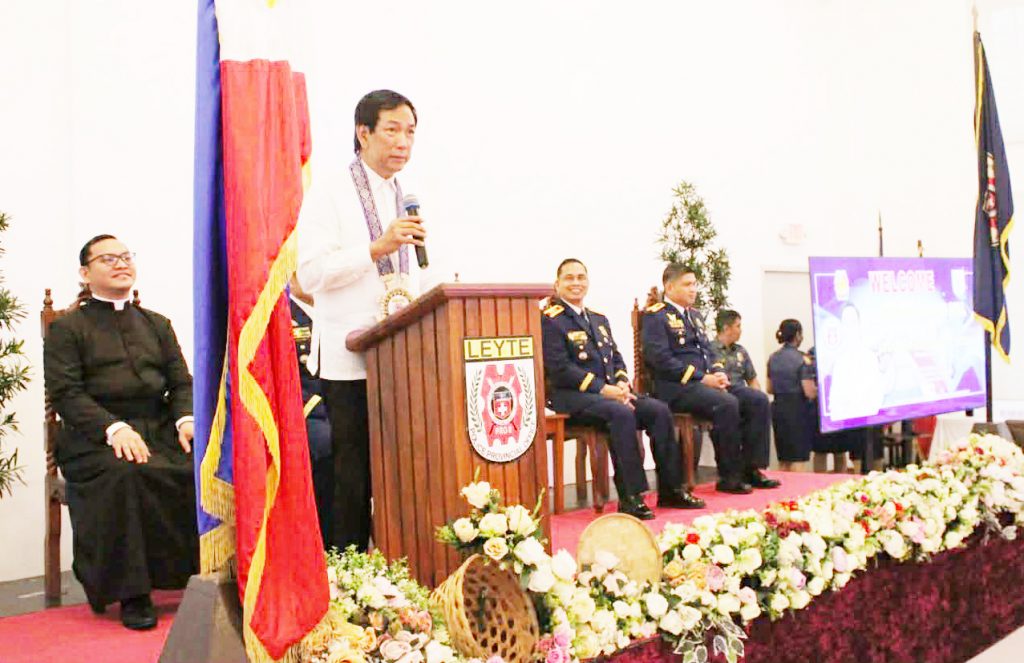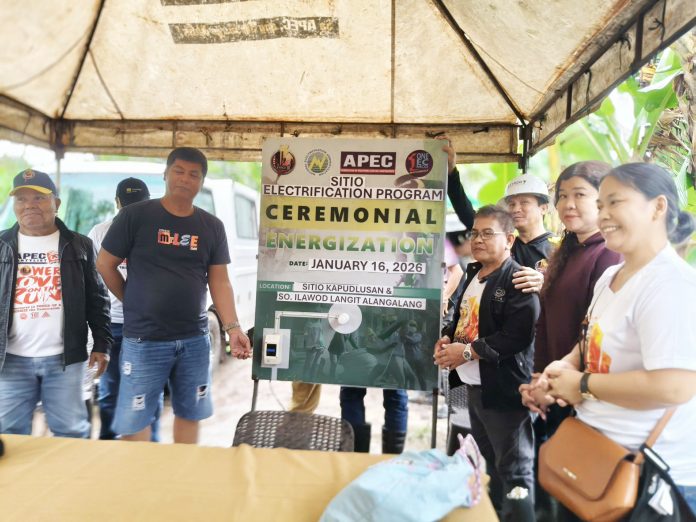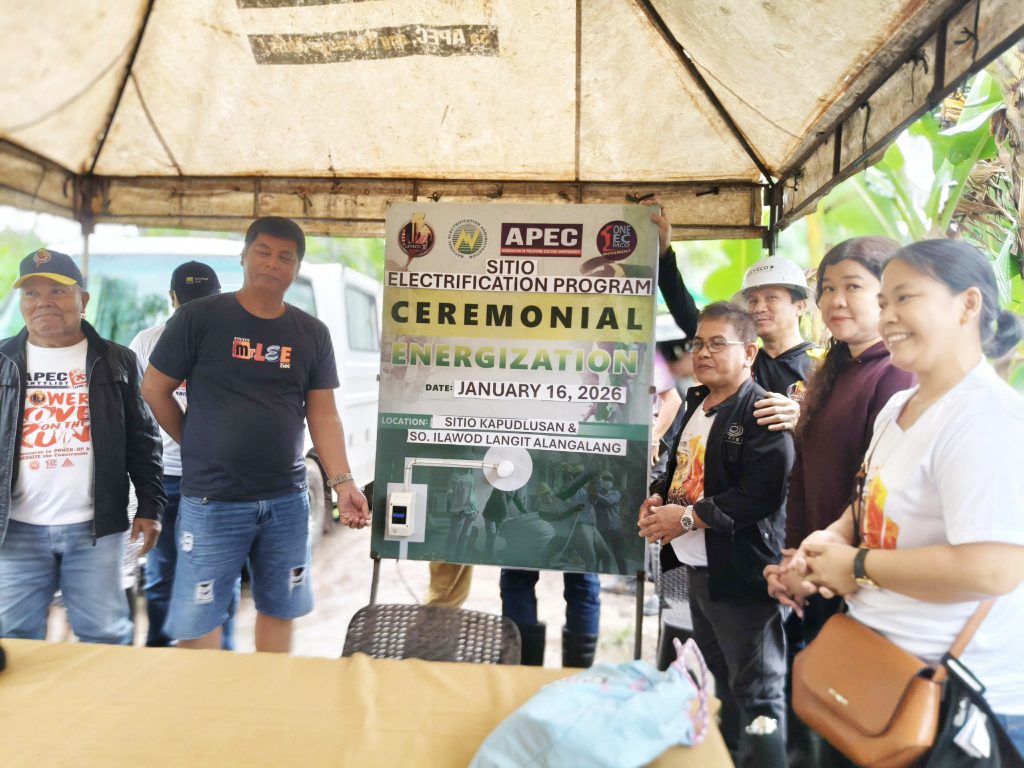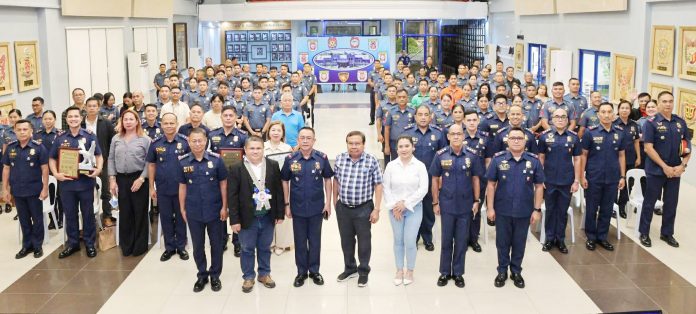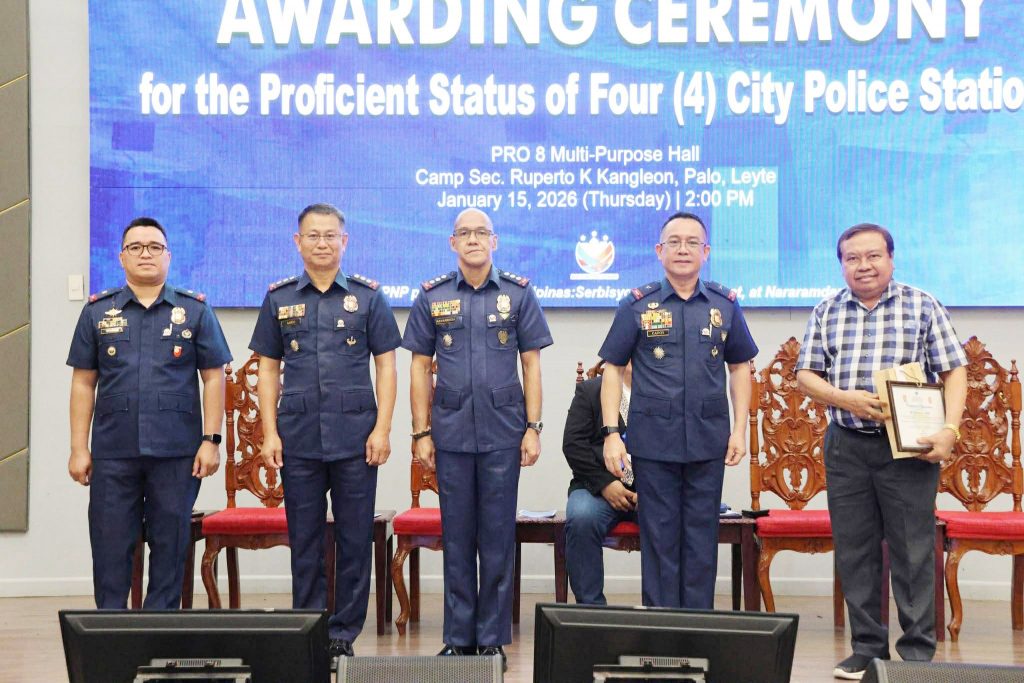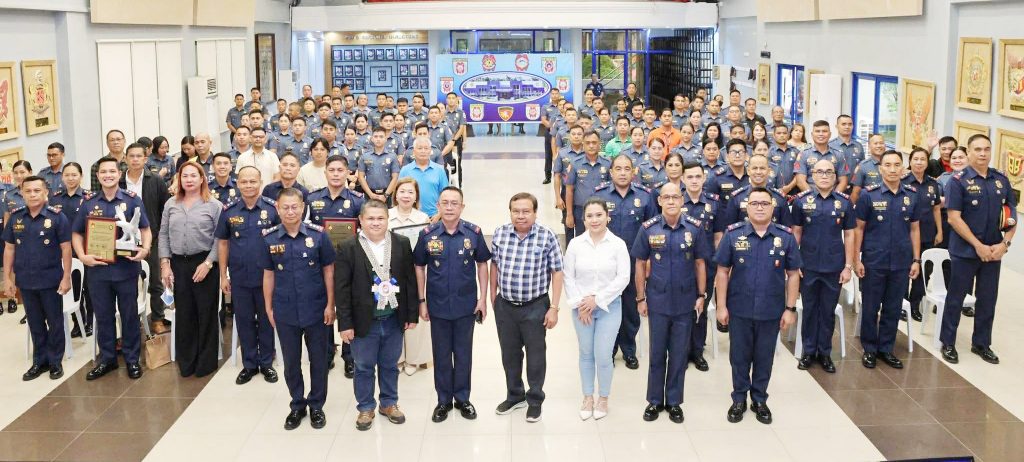ORMOC CITY— Eleven passengers, including five tourists from Luzon and six local residents, narrowly escaped tragedy when their motorized pump boat capsized in Limasawa, Southern Leyte amid strong winds and rough seas early Saturday morning, January 17.
The incident occurred at around 7:40 a.m. along the waters of Barangay San Agustin, a popular route for tourists visiting the scenic island municipality of Limasawa. The boat, identified as the green-colored motorized pump boat “WINTER,” was carrying passengers when it overturned due to heavy waves.
Authorities confirmed that all passengers were rescued safely by a joint response team from the Limasawa Municipal Police Station, the Philippine Coast Guard, and the Limasawa Emergency Rescue Team (LERT). The survivors were brought to the Limasawa Rural Health Unit for medical assessment.
Limasawa police reported that a concerned citizen alerted them immediately after the boat capsized. Thanks to the prompt coordination of local authorities and rescue teams, all passengers were pulled to safety within an hour of the incident.
Officials reminded boat operators and tourists to exercise caution during trips, especially when strong winds and high waves are forecasted, highlighting the importance of safety measures in this popular island destination.
(ROBERT DEJON)


